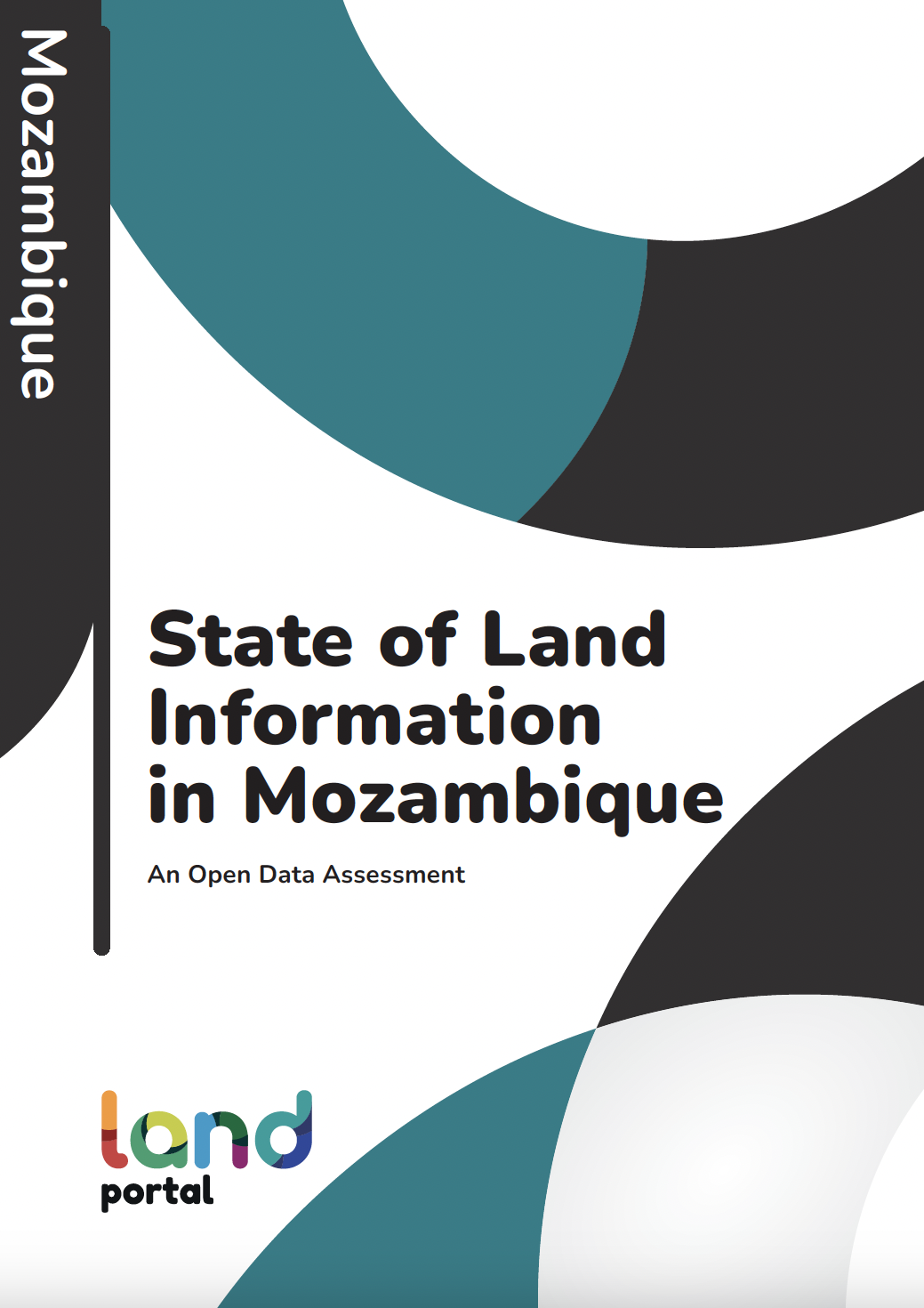Global methane pledge in Tajikistan: Assessment report
The Government of Tajikistan should consider joining the Global Methane Commitment as a strategic and prudent decision. Tajikistan's participation in the Global Methane Pledge offers numerous benefits that can positively impact the country's economy, environment, and global reputation. By joining this international effort to reduce methane emissions, Tajikistan can contribute to global climate change mitigation goals, demonstrating its commitment to addressing environmental challenges.


